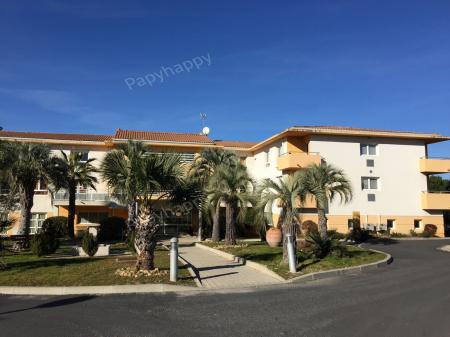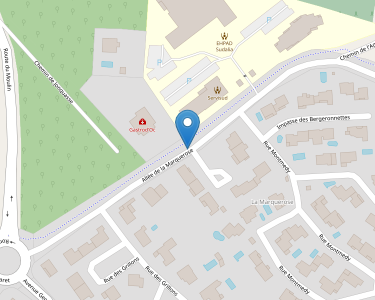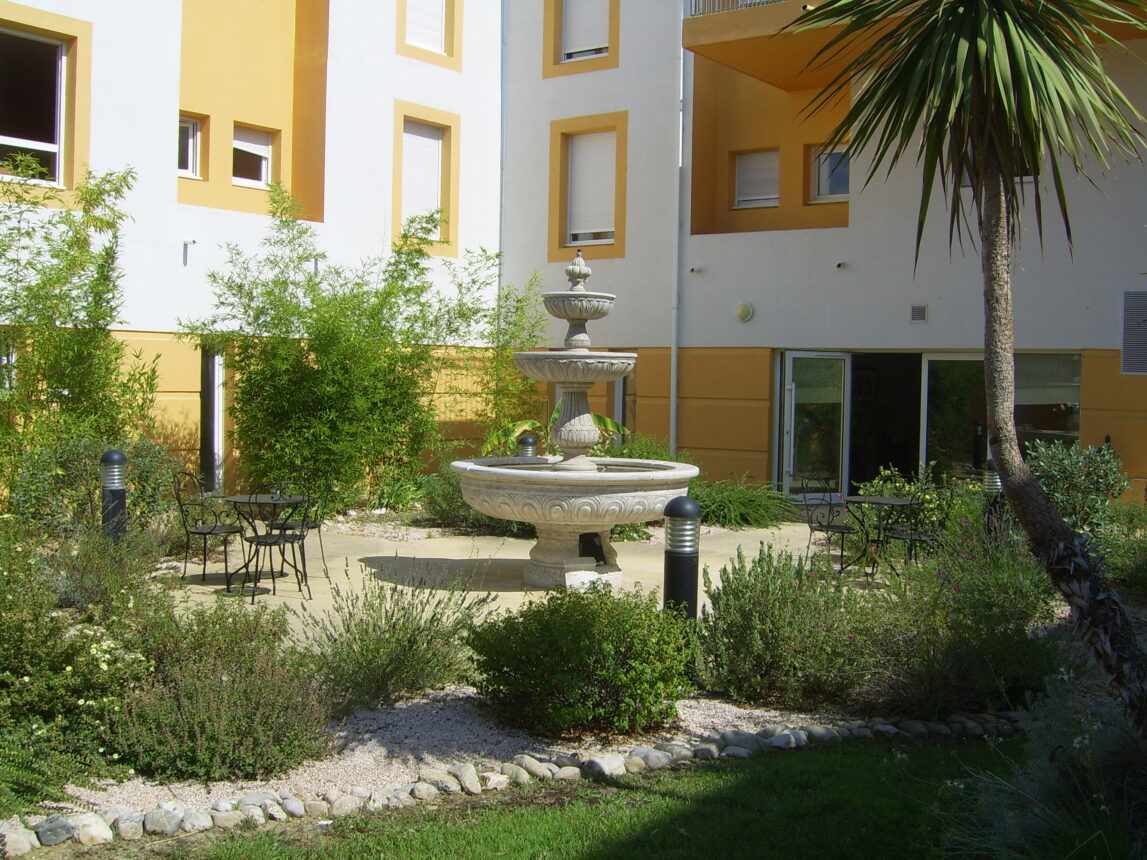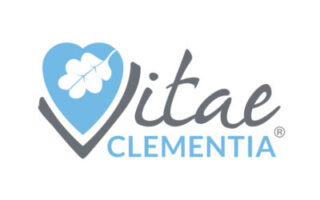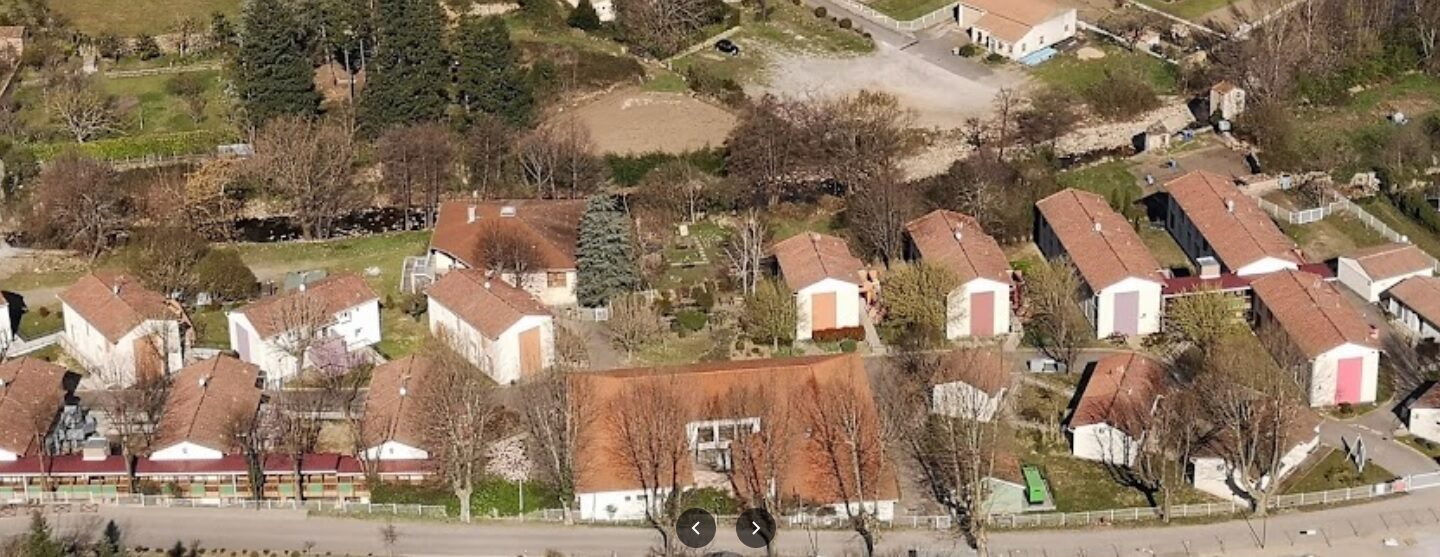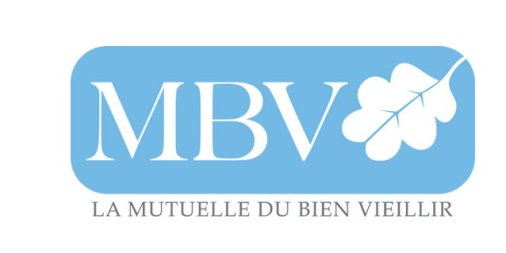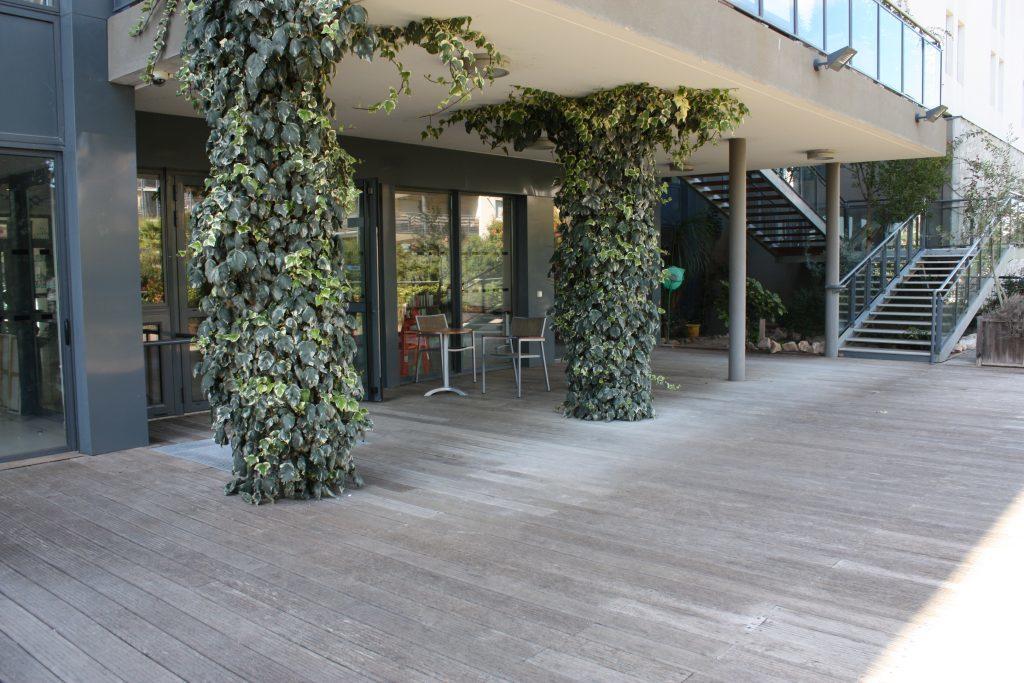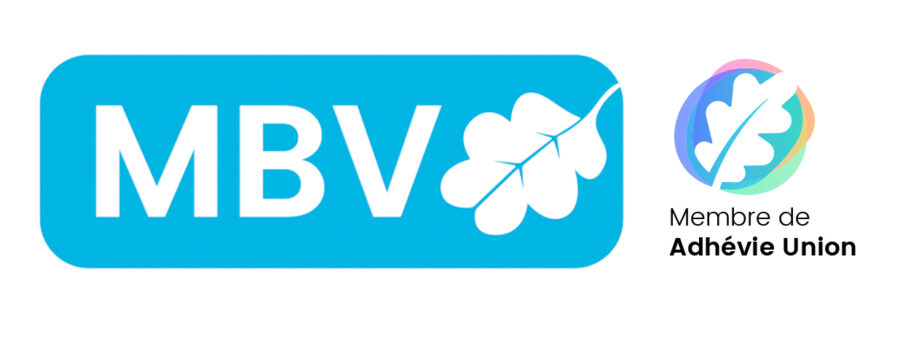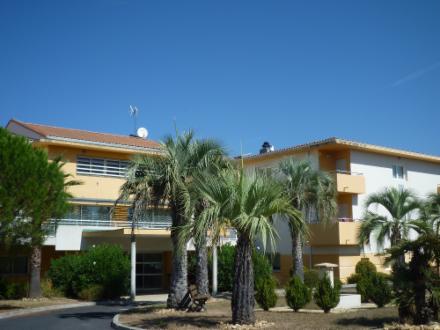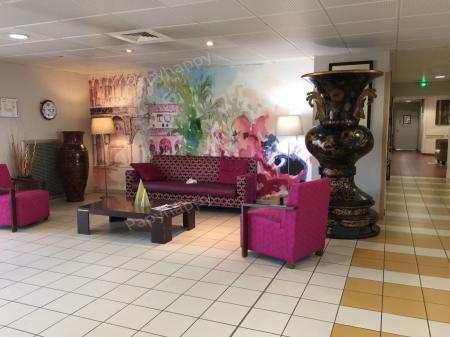
Avis : EHPAD Sudalia - Mutuelle du Bien Vieillir (EHPAD) à Saint-Jean-de- Védas dans l'Hérault (34) | Papyhappy

AGDE - L' Inauguration de la Résidence EHPAD Villa Clémentia vient compléter l'offre " sénior " de la Ville d'Agde - Hérault Tribune

Mutuelle Nationale du Bien Vieillir-Mbv (Saint-Jean-de-Védas) | Avis, Emails, Dirigeants, Chiffres d'affaires, Bilans | 444562532
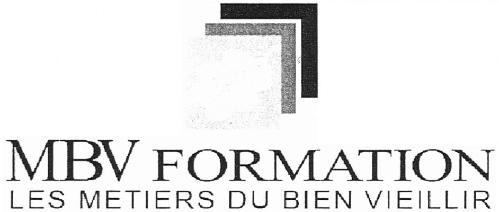
MUTUELLE NATIONALE DU BIEN VIEILLIR-MBV à SAINT-JEAN-DE-VEDAS (34430), marques, sur SOCIETE.COM (444562532)
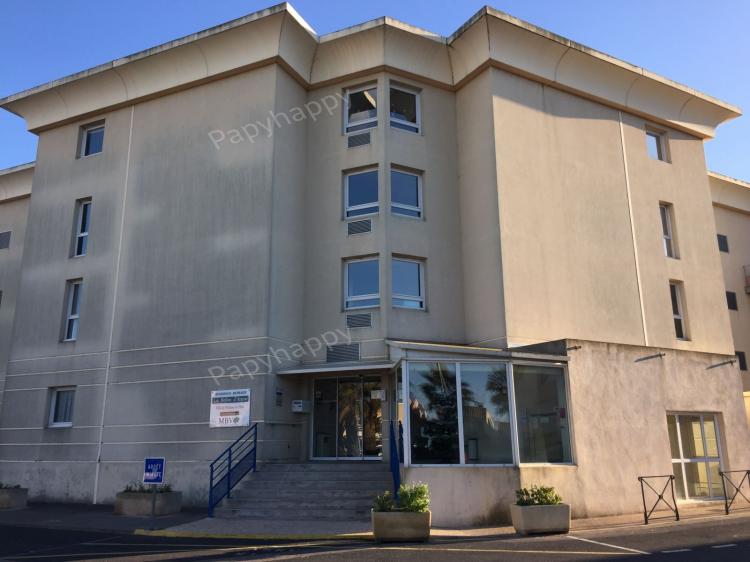
Avis : EHPAD Les Reflets D'argent - Mutuelle du Bien Vieillir (EHPAD) à Palavas Les Flots dans l'Hérault (34) | Papyhappy
